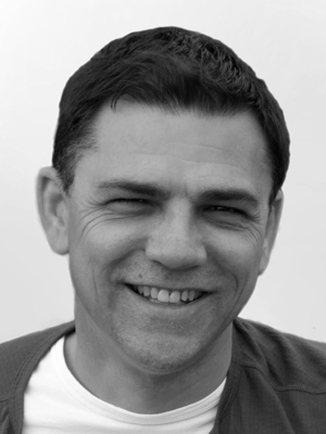|
There has been some recent news articles by Dawn Foster in the Guardian, and Willoughby Britton in the Atlantic, which have questioned the benefits of mindfulness, In this short article I take a look at staying safe while practicing mindfulness. For some people mindfulness can trigger uncomfortable and sometimes harmful experiences. Dawn describes having a panic attack, and David, a participant in Willoughby Britton's research describes how he experienced frightening voices during a prolonged period of mindfulness meditation. These harmful mindfulness experiences are very similar to those that can be triggered by traumatic events. The risk of them happening increases with longer practice times, and a previous history of trauma, and/or mental health problems. Tips for staying safe
For the vast majority of people mindfulness is safe and effective. It shifts us from our future thoughts and worries, drawing us towards our present moment awareness. It invites us to notice what is there, to hear the whole of ourselves, and if this self is loudly saying "I don't like this," then we owe it to ourselves to take notice of this voice. My follow-up article When mindfulness goes wrong explores in detail the relationship between mindfulness and traumatic experience. Title image by miamiamia
1 Comment
|
Categories
All
Archives
January 2021
|
BioI'm Mark, a Humanistic Counsellor. |
Home - Testimonials - Articles - Links - Contact - Book Appointment - Counselling Students - Privacy Policy - Terms
Mark Redwood, BA (Hons) Counselling, MBACP
© Mark Redwood 2015, 2016.2017 | Main portrait by Doug Freegard © 2015


 RSS Feed
RSS Feed